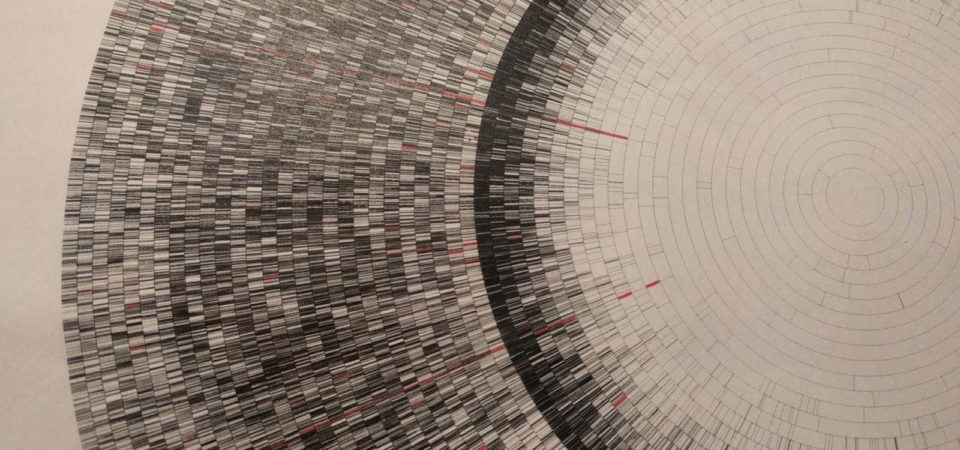Item Link: Access the Resource
File: Download
Date of Publication: April 26, 2018
Year of Publication: 2018
Publisher: The British Blockchain Association
Author(s): Delton Chen
Journal: The Journal of The British Blockchain Association
Volume: 1:1
Delton Chen explores the use of the blockchain as a tool for establishing consensus within society over information and value, and for improving accountability and transparency of carbon and energy markets. While Chen finds some promising application for the blockchain, he does not believe it will be enough to realize the 2015 Paris Climate Agreement’s ambitions without new macro-economic and macro-prudential policies.
ABSTRACT: The blockchain is the enigmatic technology that gave birth to Bitcoin and the cryptocurrency movement. By fate or by good fortune, carbon markets and cryptocurrencies face common problems: a need to find consensus on data, and a need to trade value between distrustful strangers. Could the blockchain ledger enable a consensus on carbon budgets, and deliver value for carbon mitigation services? Could blockchain technologies help to resolve the climate crisis? To answer these questions, we need to examine the opportunities for decentralized ledgers in carbon and energy markets. Here we show that the blockchain offers a unique opportunity to improve accountability in carbon markets and to develop renewable energy micro-grids, but for the blockchain to reach its full potential—to be the game changer—it should be combined with macro-economic policies and macro-prudential regulatory frameworks that can finance a multi-trillion-dollar transition.
Read the full article.
Author, Delto Chen, recently contributed a post to the MAHB Blog presenting a new economic model framed on the entropy and mass of carbon in the environment, The Silver Gun Hypothesis: New Model for a Sustainable Carbon Economy
The views and opinions expressed through the MAHB Website are those of the contributing authors and do not necessarily reflect an official position of the MAHB. The MAHB aims to share a range of perspectives and welcomes the discussions that they prompt.
